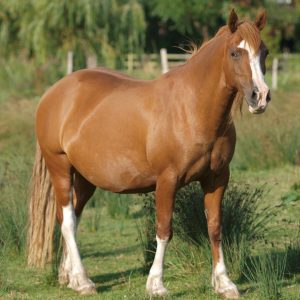
300
View Article
Knowing how much your horse weighs is important, but body condition is a key factor in determining how fit they are. Body condition measures the level of both fat and muscle in the horse’s body.
» View Article

1,234
View Article
Elevate® and the breeding horse Vitamin E is an essential component of body-wide antioxidant defenses. These defenses play a vital...
» View Article

2,563
View Article
Does your horse struggle with dull, flaky hair coat? Are his mane and tail dry and brittle? The quality of...
» View Article
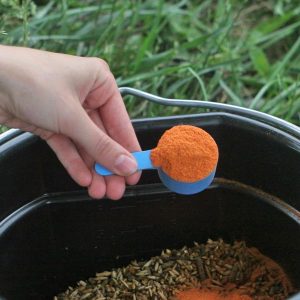
1,796
View Article
What are electrolytes? Imagine you are riding your horse on a hot summer day. If you do more than walk,...
» View Article
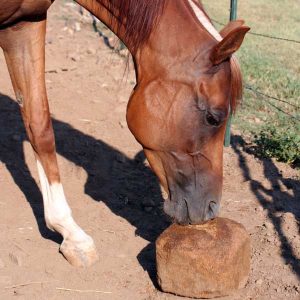
1,113
View Article
Where you put your salt block in the pasture makes a difference. Research in Alberta, Canada, showed that where you...
» View Article

478
View Article
Some horses gain weight when given a winter break from trail riding, training, and/or showing. The extra weight can make...
» View Article
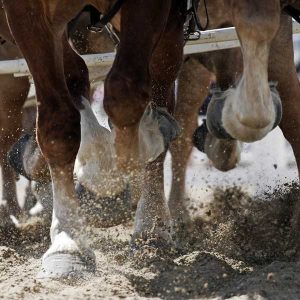
1,228
View Article
Providing proper nutrition for your horse is one of the most basic ways to ensure his well-being. High-quality forage and...
» View Article

228
View Article
Certain types of horses are at higher risk of developing vitamin deficiencies than others. It may be because they are...
» View Article
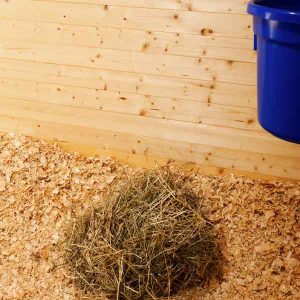
974
View Article
Vitamins and minerals are vital to the horse’s physical well-being. Without sufficient vitamin and mineral intake, it is impossible for...
» View Article

244
View Article
Careful management of your horse year-round will help ensure that he remains healthy during drought conditions. In the short-term future,...
» View Article

156
View Article
Feeding directions are an important place to start. As human beings, we have the ability to manage our own daily...
» View Article

550
View Article
Minerals are inorganic compounds that serve both as components in body tissue and as catalysts for various body processes. They play a critical role in a horse’s health and well-being.
Minerals are broken down into two categories: macrominerals and microminerals.
» View Article
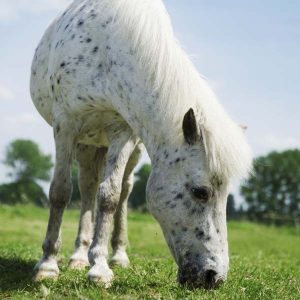
732
View Article
Minerals are inorganic compounds that serve both as components in body tissue and as catalysts for various body processes. Calcium and phosphorus are perhaps the most recognizable macrominerals. As with all minerals, they are vital to your horse’s well-being.
» View Article
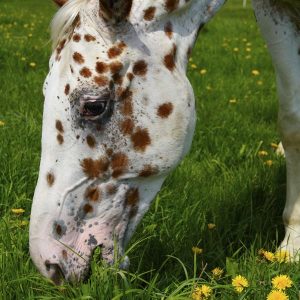
461
View Article
The far-reaching effects of vitamin E in equine nutrition are well known. Vitamin E plays imperative roles in immune, cardiovascular,...
» View Article
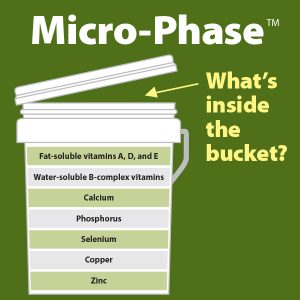
485
View Article
Text-only version of “Micro-Phase™: What’s Inside the Bucket” Vitamins and minerals play an important role in almost every system in...
» View Article

571
View Article
Preventing winter weight gain in easy keepers. Some horses gain weight when given a winter break from trail riding, training,...
» View Article
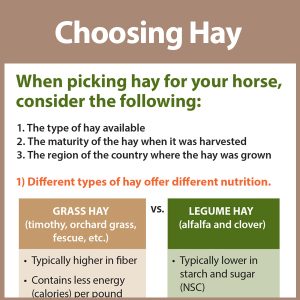
456
View Article
When picking hay for your horse, consider the following:
The type of hay available
The maturity of the hay when it was harvested
The region of the country where the hay was grown
» View Article

1,486
View Article
The days are getting longer, the mud is starting to recede, and you are ready to put away the winter...
» View Article

7,264
View Article
FDA sets safe level for average horse The FDA has set a daily recommended level of selenium for an “average”...
» View Article

9,261
View Article
Vitamin E is an essential nutrient for horses and is beneficial in combating the many effects of free radical production...
» View Article
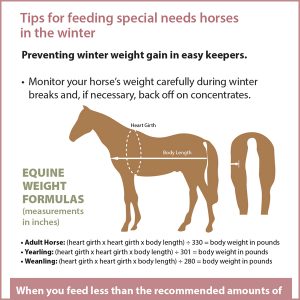
712
View Article
Ensure your horse’s nutrient requirements are met this winter.
» View Article

524
View Article
Here are five tips to make sure your feed room and hayloft are ready for winter. 1. Clean out your...
» View Article
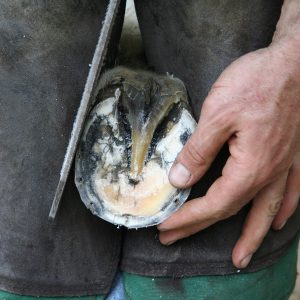
2,145
View Article
Biotin has become commonplace in feed rooms across the world because of its reputation as an effective hoof supplement. And...
» View Article

3,009
View Article
Vitamins are organic compounds, which, when provided in the proper amounts, play a major role in the well-being of your...
» View Article

























